Refrigeration keeps food fresh, but it’s not actually good for everything. With some items, refrigeration only causes them to lose texture and even taste. Keep reading as we share some items that you should try as much as possible to avoid putting in the fridge.
Tomatoes
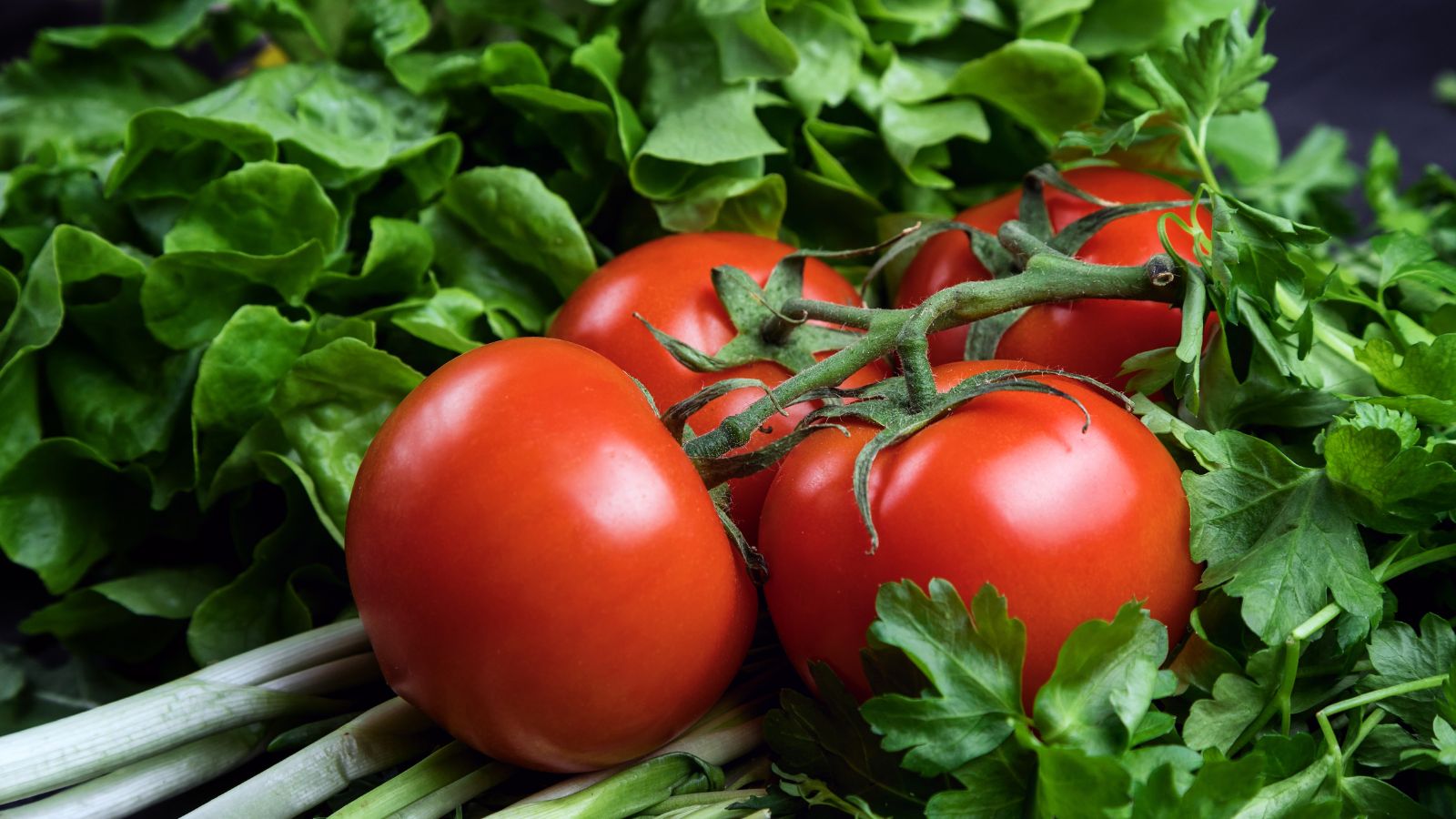
Yes, storing your tomato in the fridge extends its lifespan by slowing down its ripening process. But there’s a downside to consider. BBC’s Science Focus Magazine shares that, along with degrading your tomato’s texture, storing it in the fridge will cause it to lose its flavor as it produces fewer “volatiles,” enzymes responsible for its sweet taste.
Chocolate
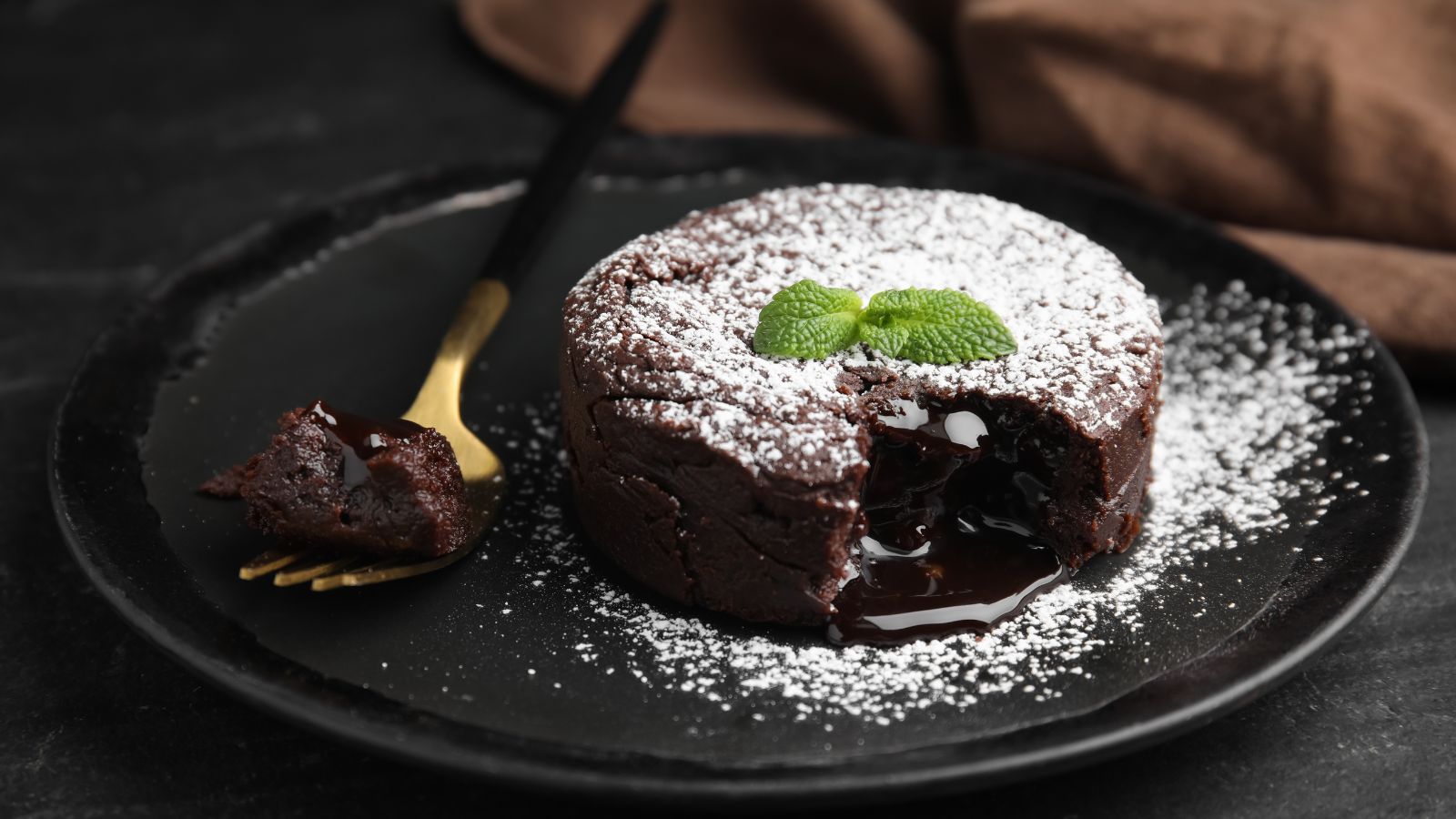
Refrigerating chocolate can cause the cocoa fat to rise to the surface due to condensation (blooming), which affects its texture. Experts from Cadbury share that, “Chocolate should always be stored in a slightly cool, dry, dark place such as a cupboard or pantry at temperatures less than 21°C (69.8°F) to ensure the quality isn’t compromised.”
Bananas

Refrigeration can cause bananas’ skins to turn brown (due to browning enzymes), and the fruit loses its flavor and firmness (due to the breakdown of cells). Bananas ripen best at room temperature, and to slow the ripening process, consider storing them away from other fruits that emit ethylene gas, like apples.
Potatoes
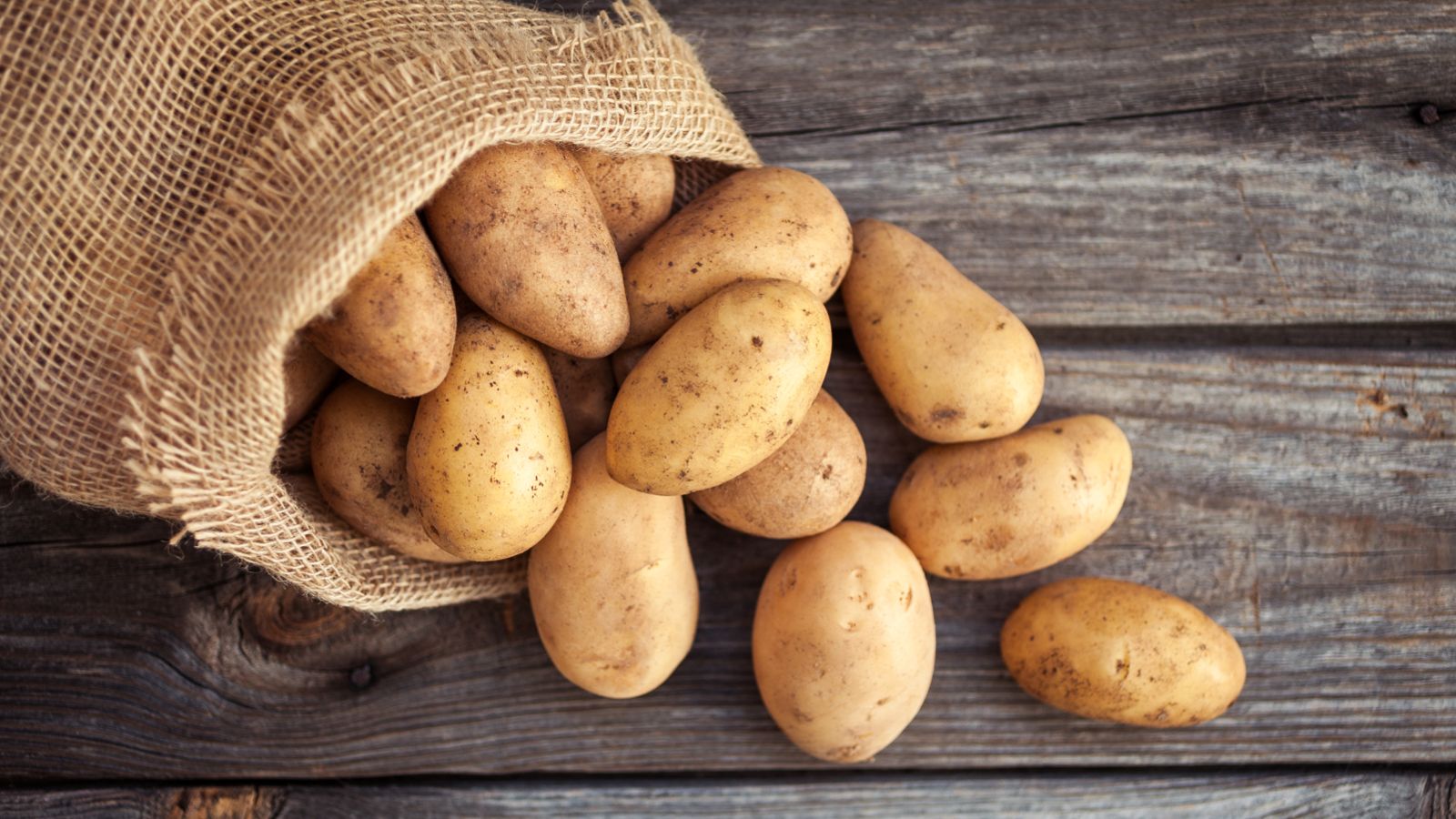
With potatoes, we aren’t just worried about taste or texture. Storing potatoes in the refrigerator can also cause a build-up of acrylamide, which is known to cause cancer in animals in high amounts. Instead, we’re advised to store potatoes in a closet, pantry, and other cool and dry places.
Onions
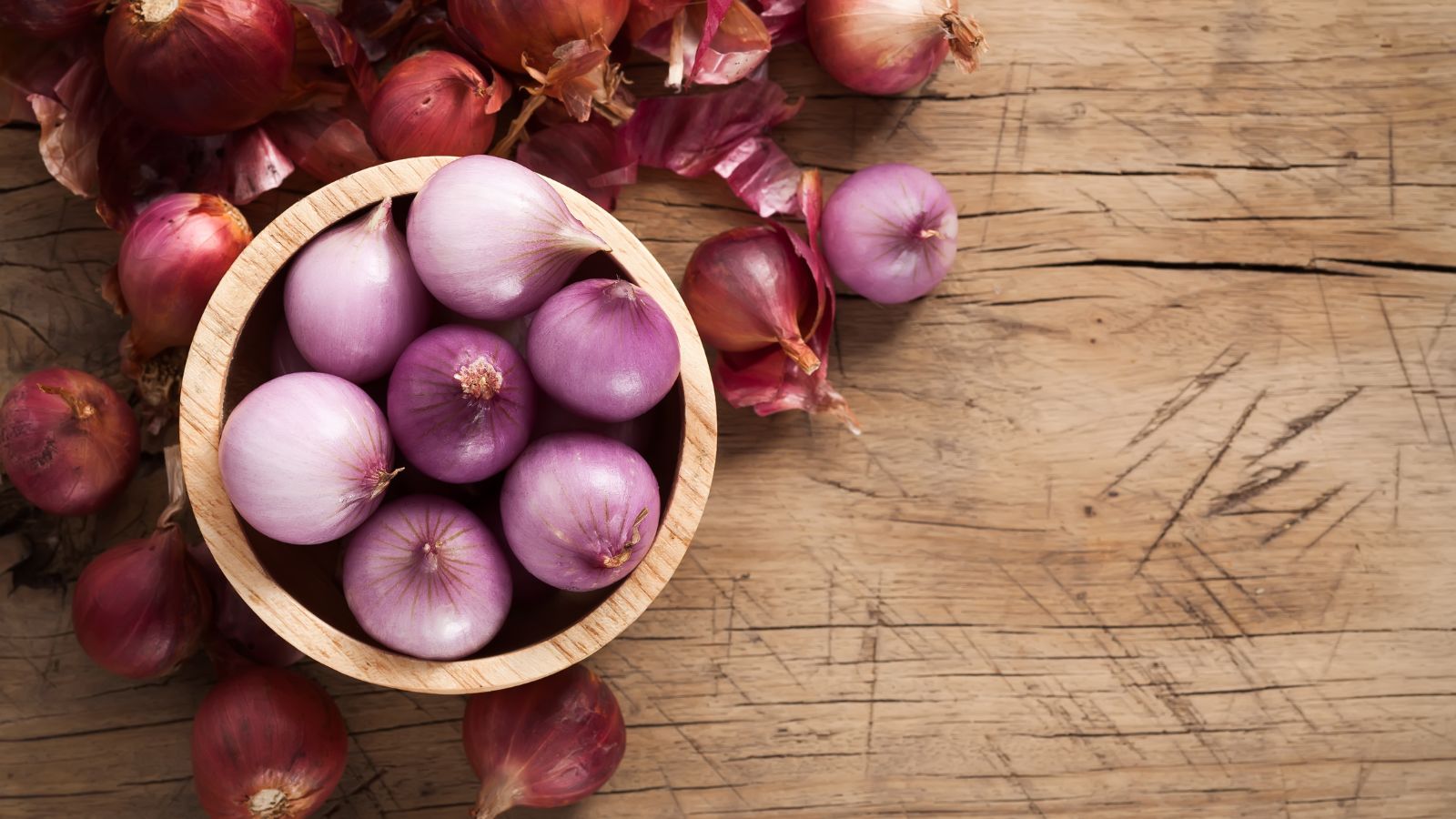
The high humidity inside the fridge can cause onions to soften and lose their crunch, but this isn’t all. In this state, pathogens in your onions develop faster, which means bacterial growth speeds up. Eventually, you will have harmful mold and less nutritious onions to deal with. Storing them in a ventilated container like a mesh bag, for instance, is more ideal.
Garlic
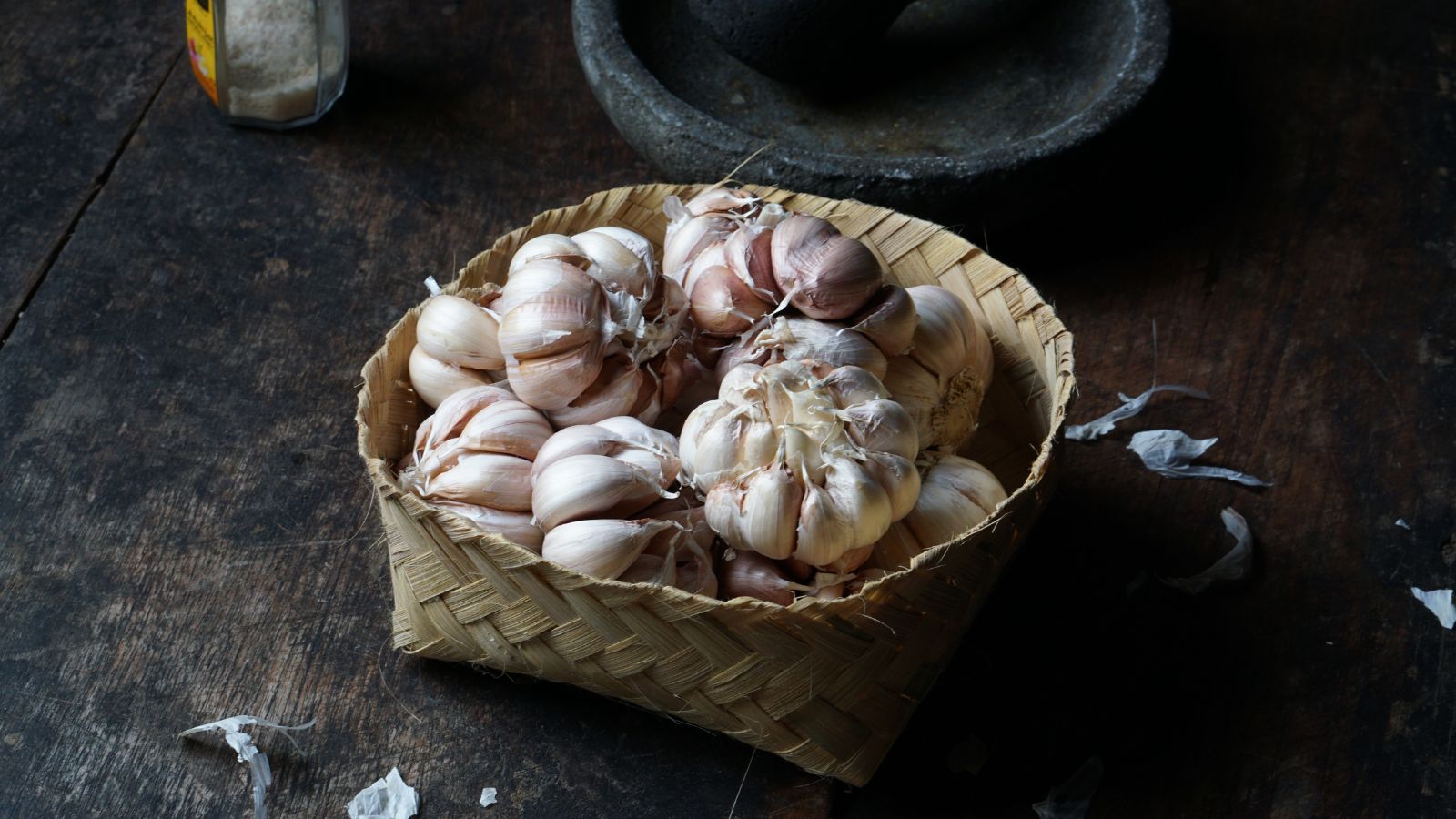
Garlic stored in the fridge can become rubbery and moldy, losing its potent aroma and flavor. A cool, dry environment is ideal for garlic bulbs, and keeping them in a breathable container at room temperature will help them stay firm and flavorful, making them perfect for culinary uses.
Bread
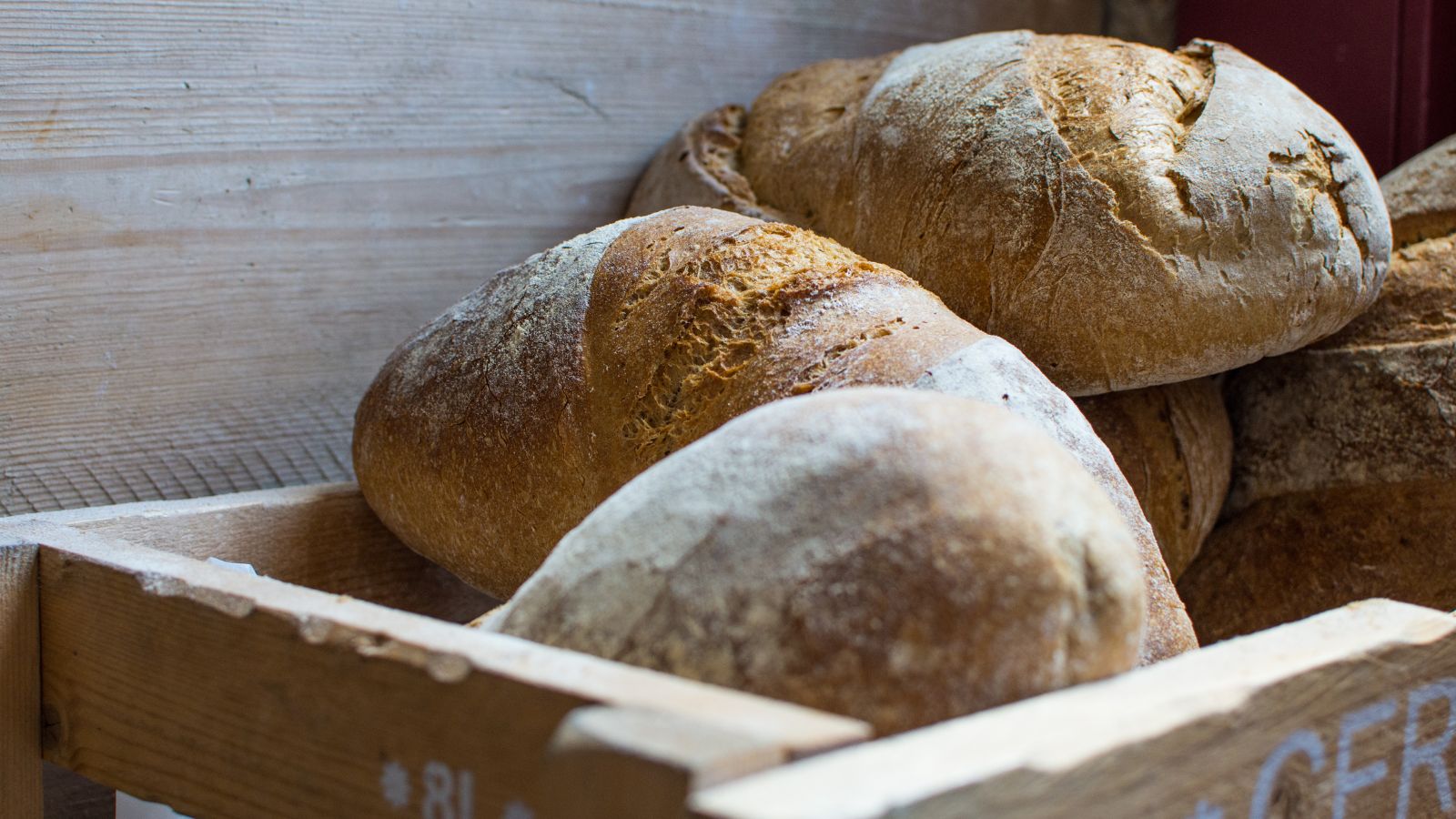
Refrigerating bread can make it stale and dry quickly, ruining its soft texture. What you want to do is store bread in a breadbox or a cool, dry place instead, like a pantry. For longer storage, consider freezing bread, which preserves its texture and taste without drying it out.
Honey
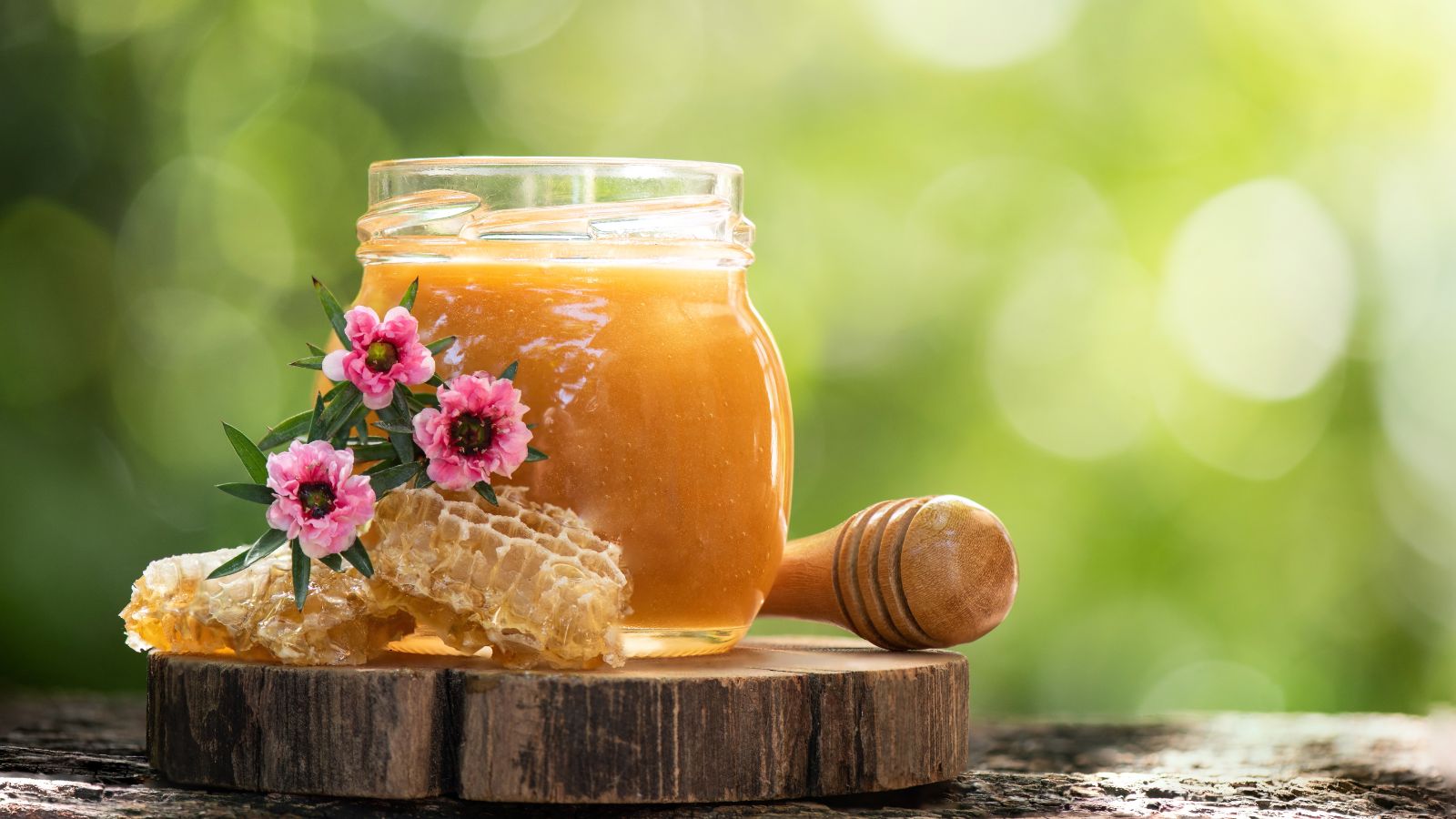
Honey can crystallize and thicken when refrigerated, making it difficult to use and less enjoyable. It’s best kept at room temperature, where it will remain smooth and easy to pour. Store honey in a tightly sealed container away from direct sunlight to maintain consistency and sweetness.
Avocados
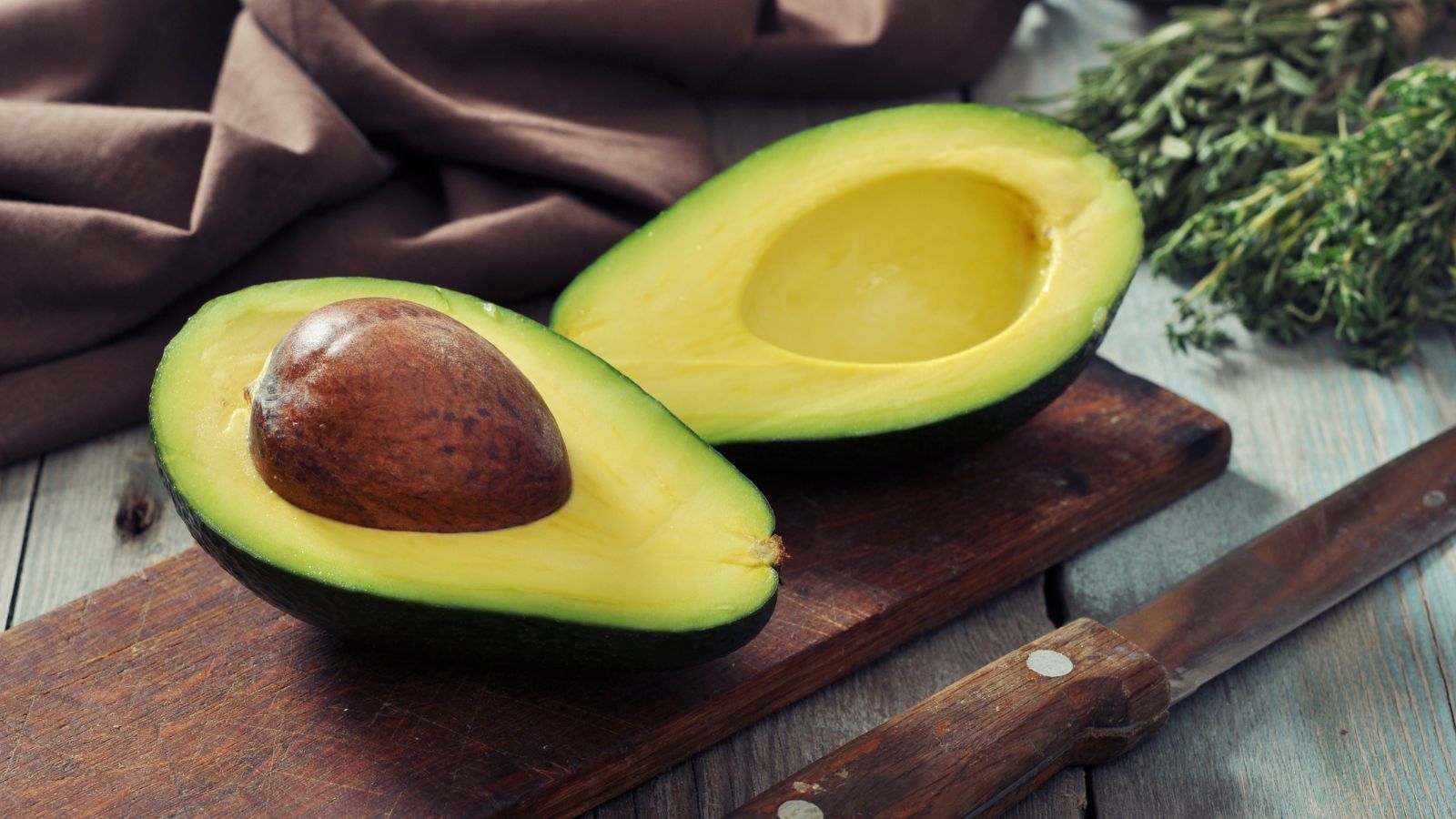
Cold temperatures can prevent avocados from ripening properly, leaving them hard and unappetizing. It’s always best to leave unripe avocados at room temperature until they soften and develop their creamy texture. Once ripe, they can be stored in the fridge to prolong their shelf life for a few more days without losing flavor.
Coffee
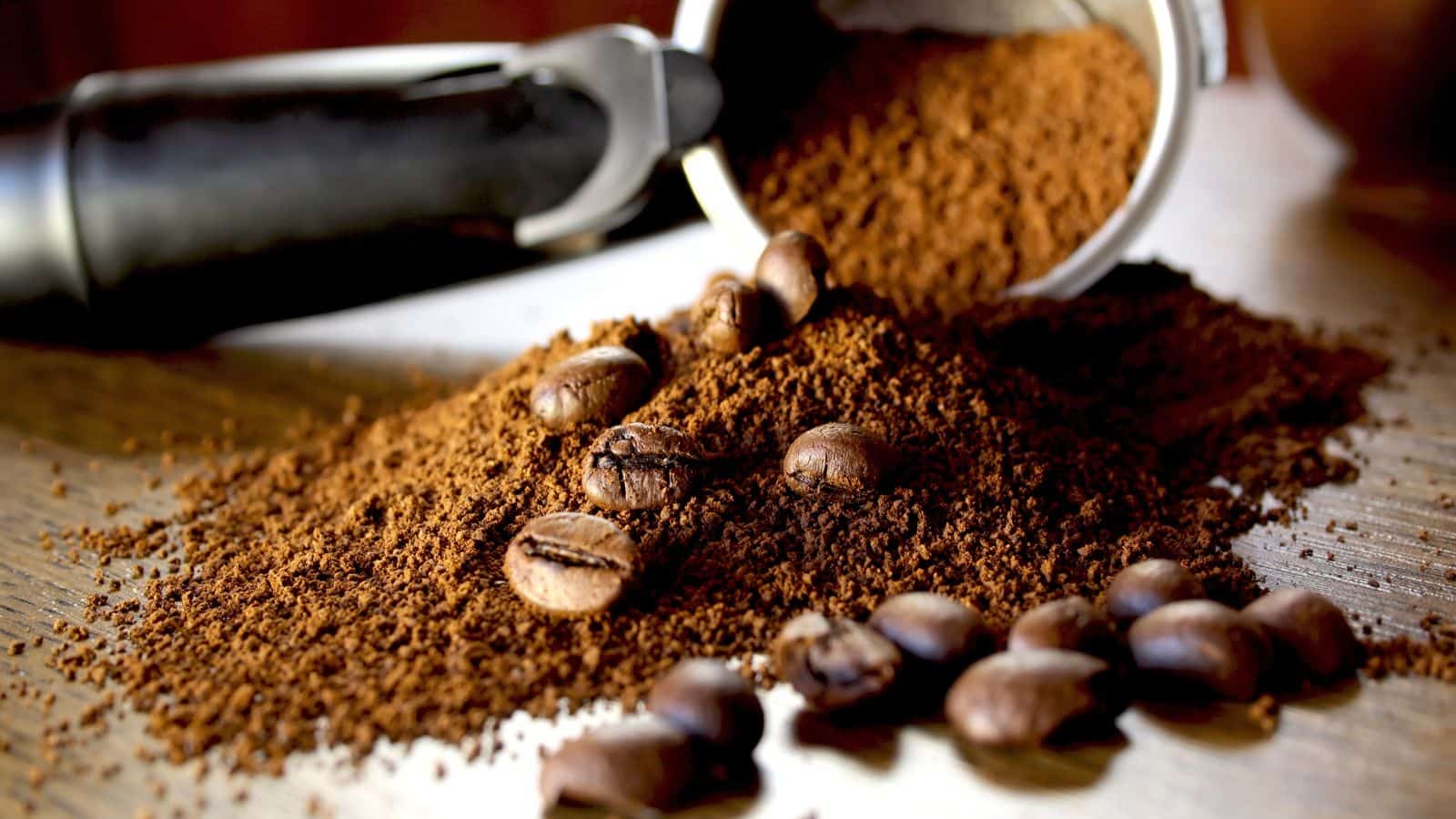
Refrigerating coffee beans or grounds can lead to condensation, affecting flavor and aroma and producing a flat taste. For the best coffee experience, store your beans or grounds in an airtight container in a cool, dark place. This ensures they stay fresh and aromatic for your morning brew.
Melons
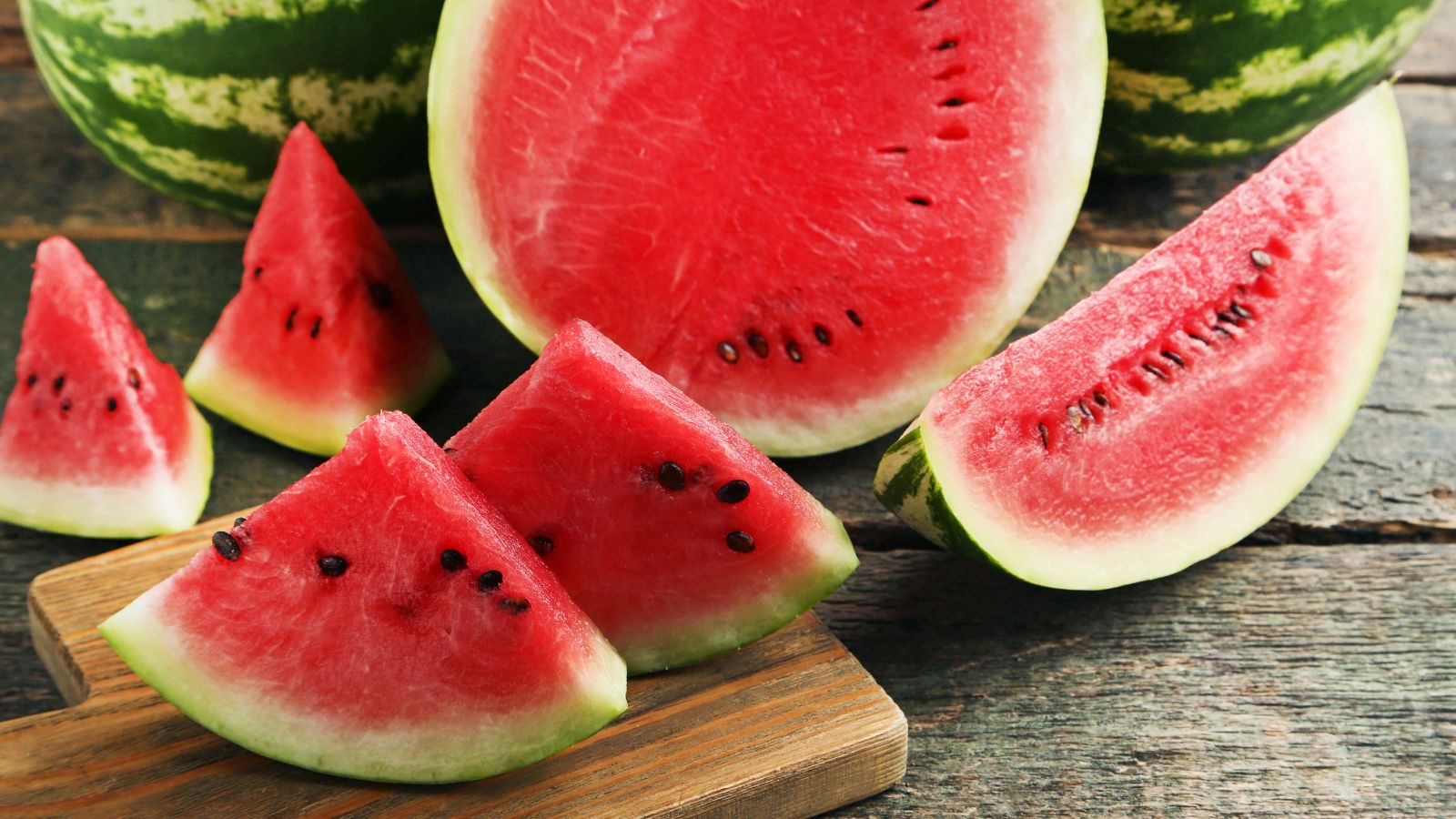
Whole melons, such as watermelon and cantaloupe, retain their flavor and nutrients better at room temperature. But once cut, melons should be refrigerated and consumed within a few days to maintain freshness and prevent spoilage. Storing whole melons at room temperature ensures they remain sweet and juicy.
Basil
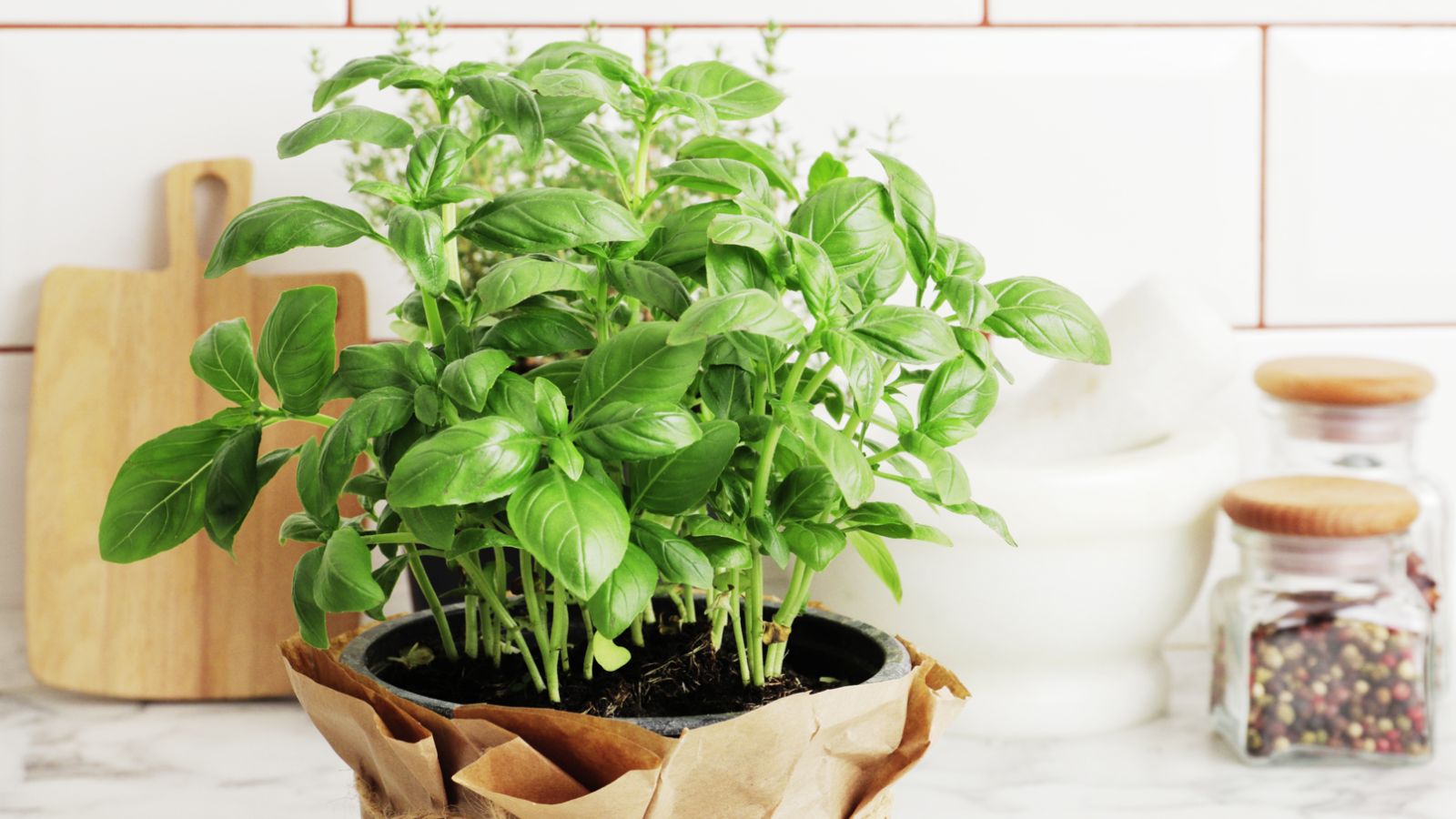
Basil leaves can wilt and turn black when exposed to cold temperatures, losing their vibrant green color. It’s better to keep basil in a glass of water at room temperature, like a bouquet of flowers. This will keep the leaves vibrant and flavorful, ready to enhance your dishes.
Apples
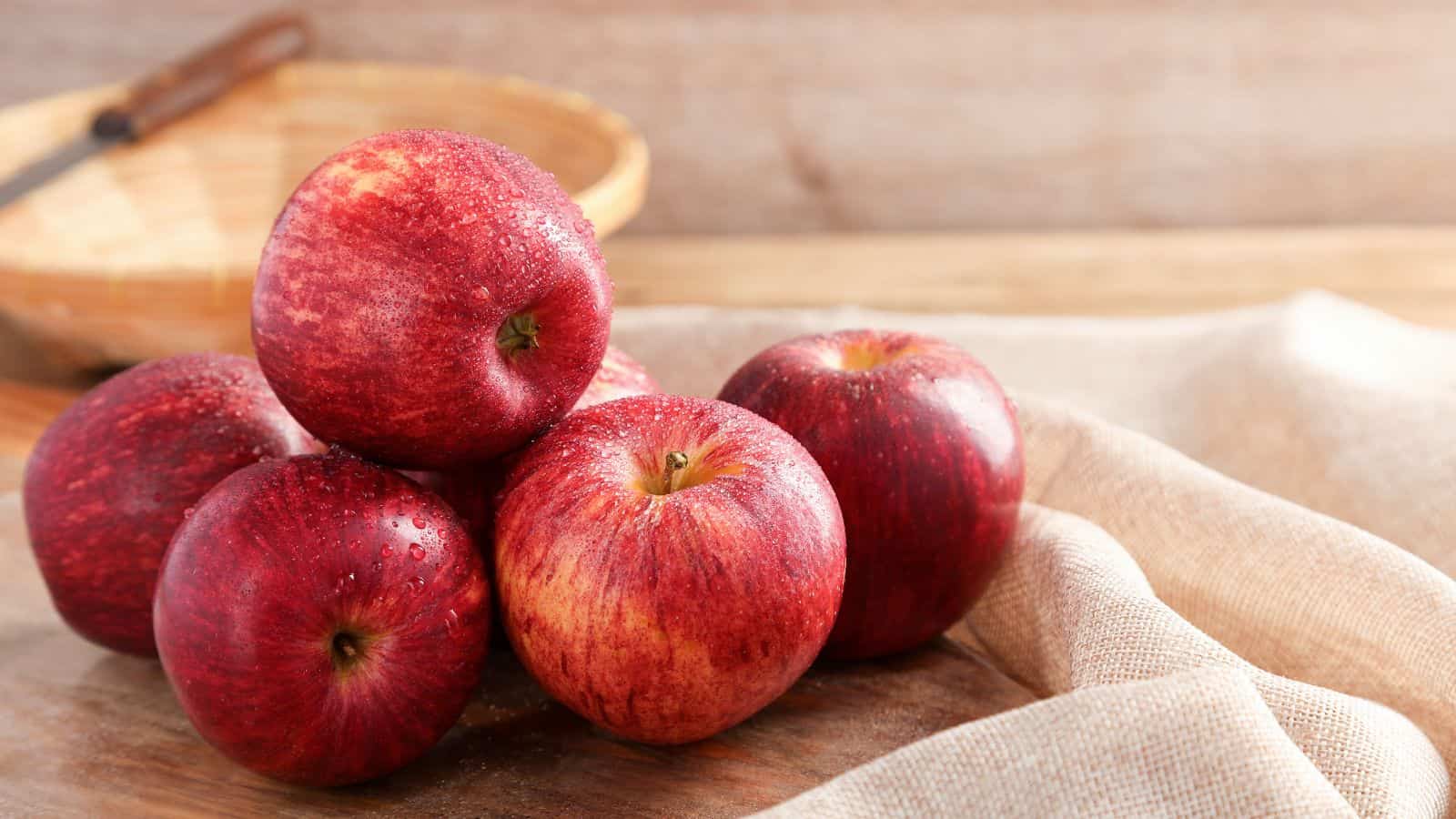
While refrigeration can prolong the shelf life of apples, it can also alter their texture and reduce their juiciness. Storing apples in a cool, dry place will keep them crisp and delicious for longer without compromising their quality. A fruit bowl on your kitchen counter is an ideal spot to store apples.
Citrus Fruits

Oranges, lemons, and limes can lose their juiciness and develop a pithy texture in the fridge. Keep these citrus fruits in a cool, dry place, like a pantry or on the counter, to stay juicy and flavorful. This makes them perfect for snacking, juicing, or adding to recipes.
Peaches and Plums
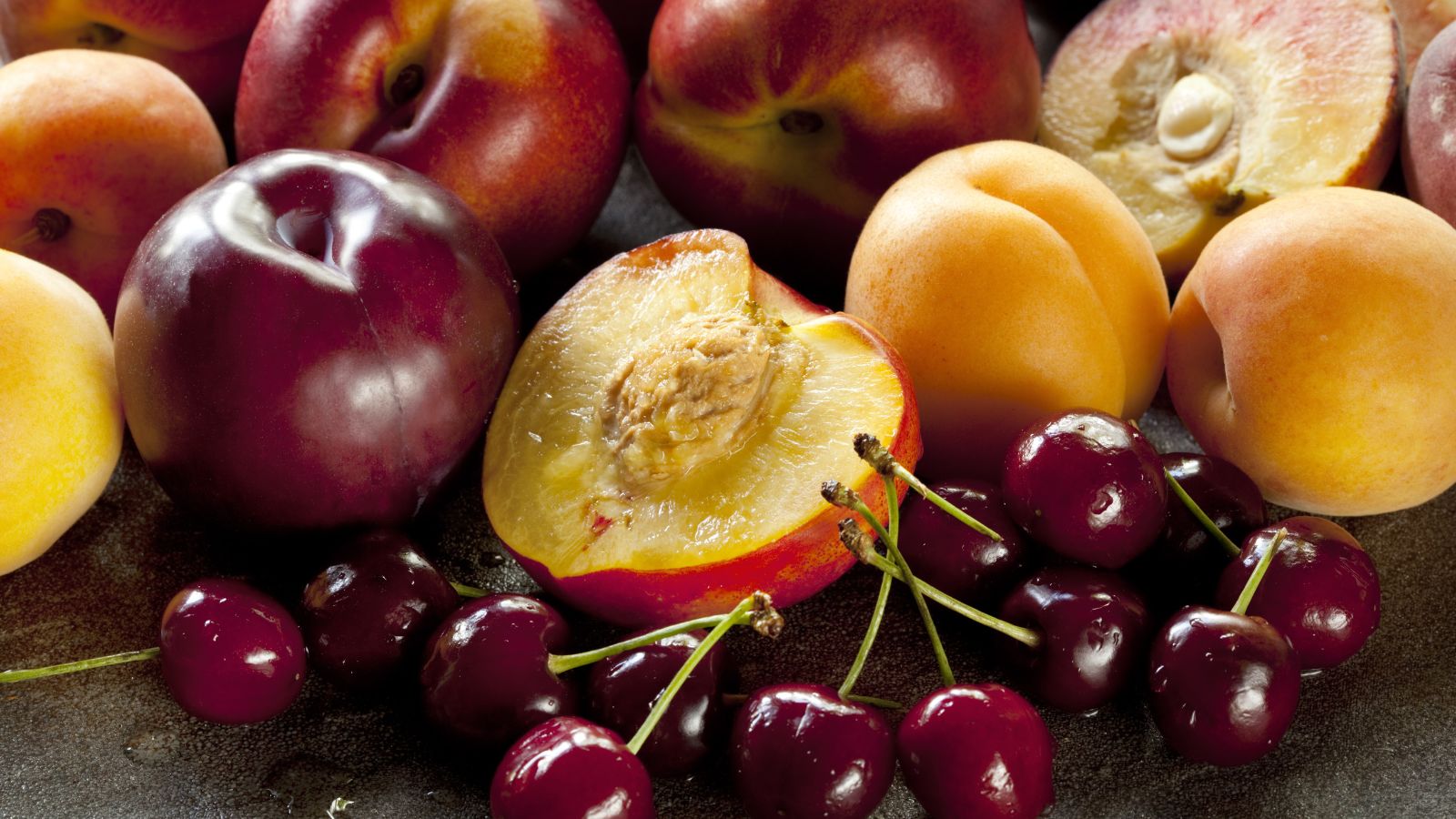
Cold storage can make peaches and plums mealy and less sweet, detracting from their natural juiciness. They ripen best at room temperature, where they can develop their full flavor and sweetness. Once ripe, they can be refrigerated to extend their shelf life for a few more days without losing their delicious taste.
Peanut Butter

Cold temperatures can make peanut butter hard and difficult to spread, affecting its creamy consistency. Like always, it’s best to keep it in a cool, dry place at room temperature. This way, you ensure it remains smooth and easy to use, whether you’re spreading it on toast, adding it to recipes, or simply enjoying it with a spoon.
Olive Oil

Refrigerating olive oil can cause it to solidify and become cloudy, making it less appealing to use. What you want to do instead is store olive oil in a cool, dark place, such as a pantry, to keep it liquid and maintain its rich flavor. This will ensure it’s always ready for cooking or dressing salads.
Stone Fruits

Stone fruits like cherries, apricots, and nectarines can lose their texture and sweetness in the fridge. They ripen best at room temperature, where they can develop their full, juicy flavor. Once ripe, refrigerate them to extend their freshness, ensuring they remain delicious for a few extra days.
Hot Sauce
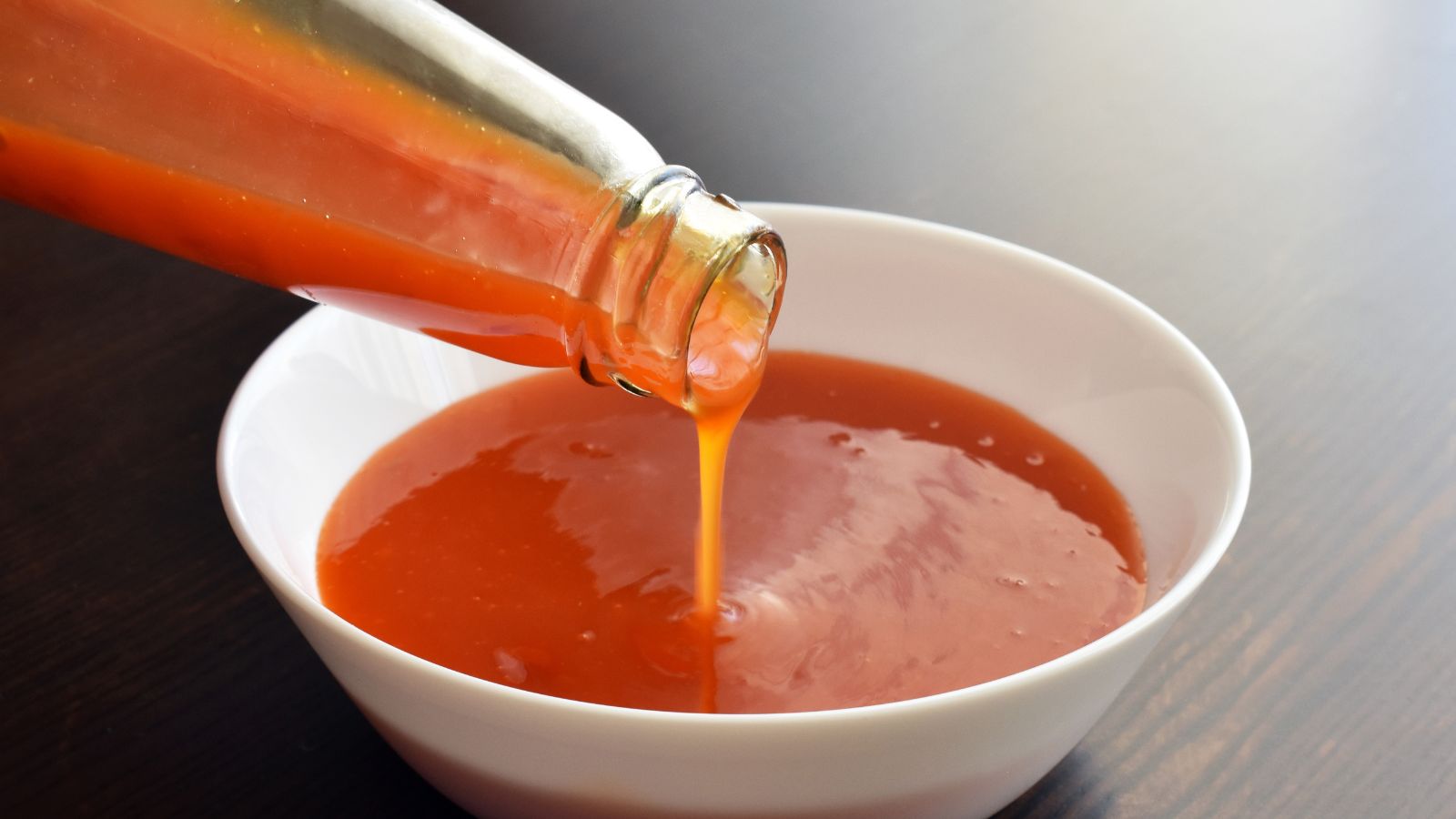
Refrigeration can change the flavor and consistency of hot sauce, making it less spicy and vibrant. Most hot sauces have high vinegar content, which acts as a preservative. So, it’s always safe to keep hot sauce in a cool, dark place where it can stay fresh and spicy for months.
Vinegar
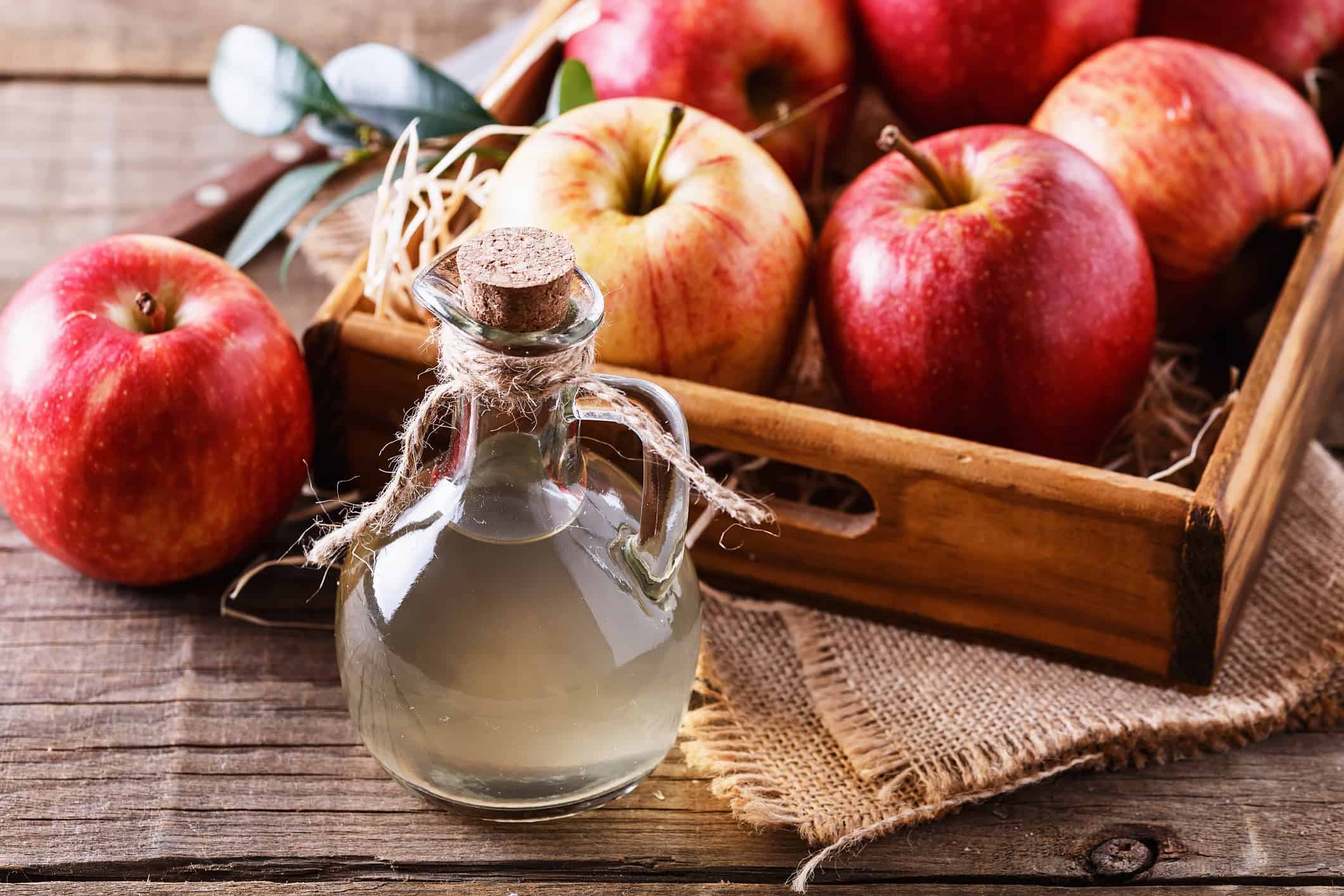
Vinegar is naturally preserved due to its acidity, so refrigeration isn’t necessary. All you do when you refrigerate it is cause it to become cloudy and alter its flavor, making it less enjoyable. Instead, store it in a cool, dark place to keep it clear and maintain its tangy taste for cooking, pickling, and salad dressings.
Up Next: 17 Things Most People Forget After Someone Dies

When a person dies, it’s easy for their partner or family members to overlook things while they process shock and grief. Despite the pain of losing a loved family member, it’s important to remember to organize these 17 things to prevent problems later on.
17 Things Most People Forget After Someone Dies
17 Phrases Confident People Use to Stand Up For Themselves

Confidence is a healthy and attractive trait that helps us stand firm in our values and set healthy boundaries. We can always become more confident, and learning the right ways to stand up for yourself is a great way to start. Here are 17 phrases you can use to do so.
17 Phrases Confident People Use to Stand Up For Themselves
20 Signs Someone Is Only Pretending to Care

Whether it’s to avoid hurting your feelings or if it’s part of a more elaborate plan to deceive you for benefits, people pretend for many reasons. The main theme with them, though, is that their actions never match the sugar-coated words that come out of their mouths. So that you don’t fall for someone like this, we’ve compiled 20 signs for you to look out for.
